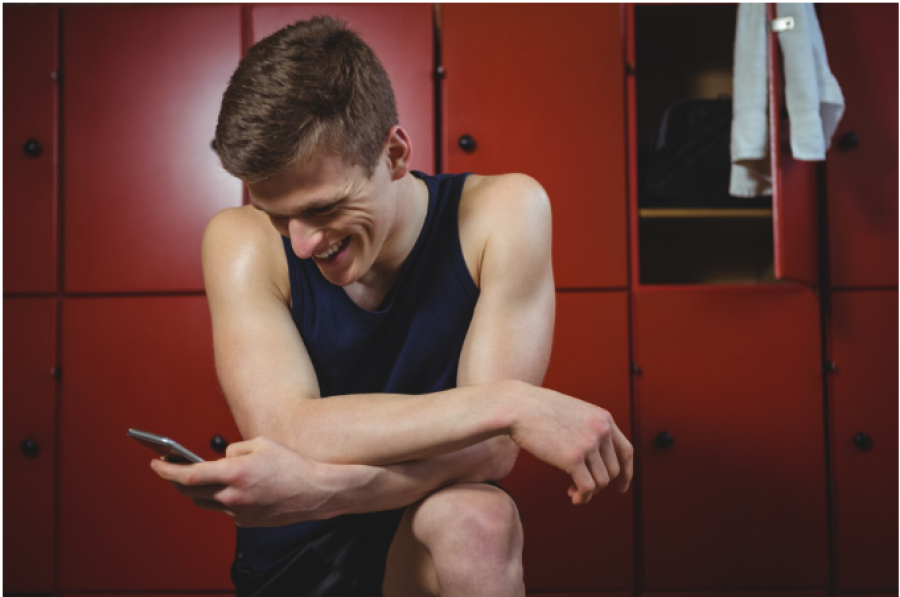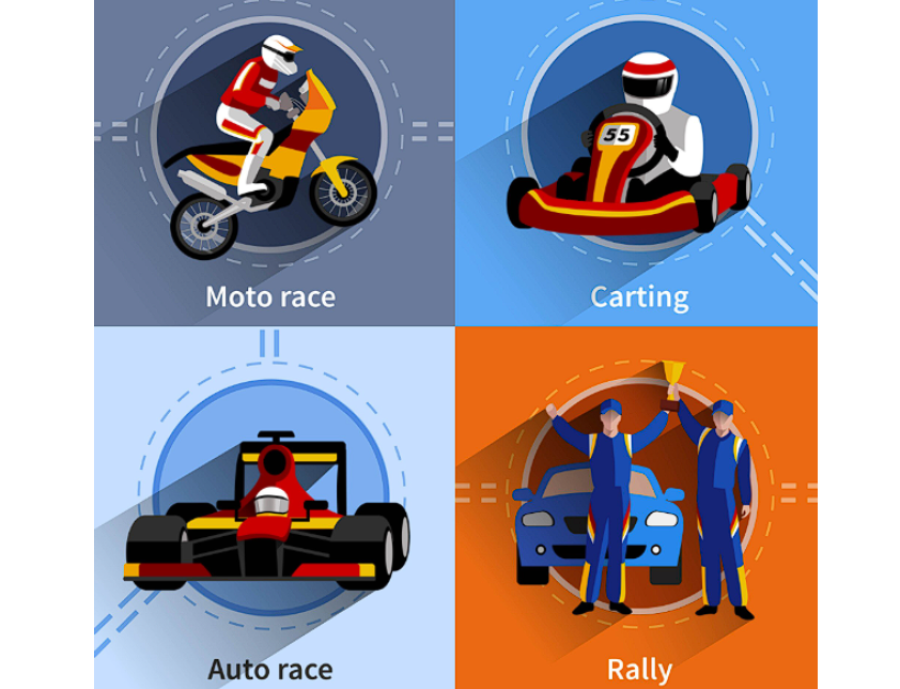Sports psychology is the invisible force behind many great performances. It molds champions because it deals as much with the mind as the physical self. Athletes who have learned to control their minds perform well under pressure and bounce back quickly when things go wrong or do not perform as they should. This fascinating field uses science, emotion, and sheer hard work.
Understanding Sports Psychology
The study of sports psychology is just as much about learning what it takes to make a champion as it is about knowing what an athlete thinks. Schoen provided evidence that mental training can improve athletic performance by as much as 15%—a crucial feature in transforming a gifted athlete into a champion. Understanding this mental edge can also be valuable when you bet on cricket, as identifying mentally strong players often reveals who can handle high-pressure moments. This field enables athletes to learn about concentration and self-belief, essential when facing stiff challenges. Visualizing in games like cricket and golf helps players be more precise because they can plan what to do next.
If players are equal in their physical condition, the superior psychological condition will dominate the competition. The athletes who learn to adopt the principles of mindfulness and mental toughness triumph over adversity and perform at ‘their best’ most of the time. Sports psychology is still used to create champions, apply dental and physical training, and give athletes practical ways to behave during critical moments in their chosen sport.
Building Mental Resilience
Mental toughness is the key contributor to every successful performer’s success. It assists them in quickly responding to loss and staying focused during critical moments. Building up this quality can transform potential into great potential.
Here’s how athletes build resilience:
Adopting a growth mindset: Seeing all these tests as an opportunity.
Practicing mindfulness: Being conscious in order not to get distracted.
Creating routines: Preparing before a high-risk program reduces tension caused by familiar patterns.
These tools enable athletes to conquer all forms of odds and excel even in the worst of environments. The one thing to know about mental toughness is that it is not accidental but develops gradually.
The Mental Tools of Champions
The highest-ranking athletes undergo not only physical training but also mental training. The psychological equipment they employ is as crucial as their physical exercises. These methods help them think, handle stress, and deal with other things that might make them not do their best. These strategies are helpful to those who like watching or betting on sports. Platforms like Melbet allow one to try different types of sports and better understand how mental preparation may affect the final result. The mix of mental and physical power makes the difference between winners and others, proving that psychological training is possible in sports.
Visualization and Goal Setting
Visualization is more or less like a rehearsal of a dress rehearsal. Coaches and athletes can picture themselves winning, such as crossing the finish line, scoring the winning goal, or perfecting the routine. This prepares their brains to act so that it does not look or feel like a new thing when the time comes to do it. Science backs this up: mental imagery was seen to engage positive movement representations and was concluded to employ the same neural circuits as physical practice.
Goal setting is very closely related to visualization. Challenging but attainable goals segment giant leaps into easily achievable steps. For instance, instead of trying to ‘beat’ the competition, a sportsman could set micro goals to develop specific abilities or set records. This approach encourages and guarantees continuous work. The tools help champions remain motivated, targeted, and prepared to undertake all challenges.
Coping with Pressure
Pressure is unavoidable, but the champions don’t fold; they perform better. The focus here is on stress management. Most people have the con of using mindfulness, which helps them focus and avoid getting lost in the implications. Mindfulness adds targetlessness and minimizes distractions that hinder it.
Another calming mechanism that people use often is breath control. Innocuously efficient, it controls the pulse and becalms. During pressure build-up, such methods serve as reference points for an athlete and help bring him back to normal. It’s not about avoiding stress but transforming it into drive and attention, where stakes make one perform their best.
Team Dynamics and Leadership
A great team is more than a set of great players; it is a coherent group of members who work together for a common purpose. Sports psychology continues to explore the relationships, interaction, and cooperation of people. A good leader is usually instrumental in helping the team develop team trust.
A good captain or coach knows how to motivate and when to enforce the law. They treat each player individually, boosting morale while maintaining concentration. Synchronization in a soccer team enhances performance; all the members are optimized to deliver their best. The proper psychological equipment creates champions out of a group of players.
Overcoming Psychological Barriers
Champions have also learned that this and other psychological barriers can reduce potential. Whether the fear is self-compassion or stage fright, they approach threat as a boon for development. It is not that these athletes learn how to overcome the barriers; they know how to change their thinking to win.









